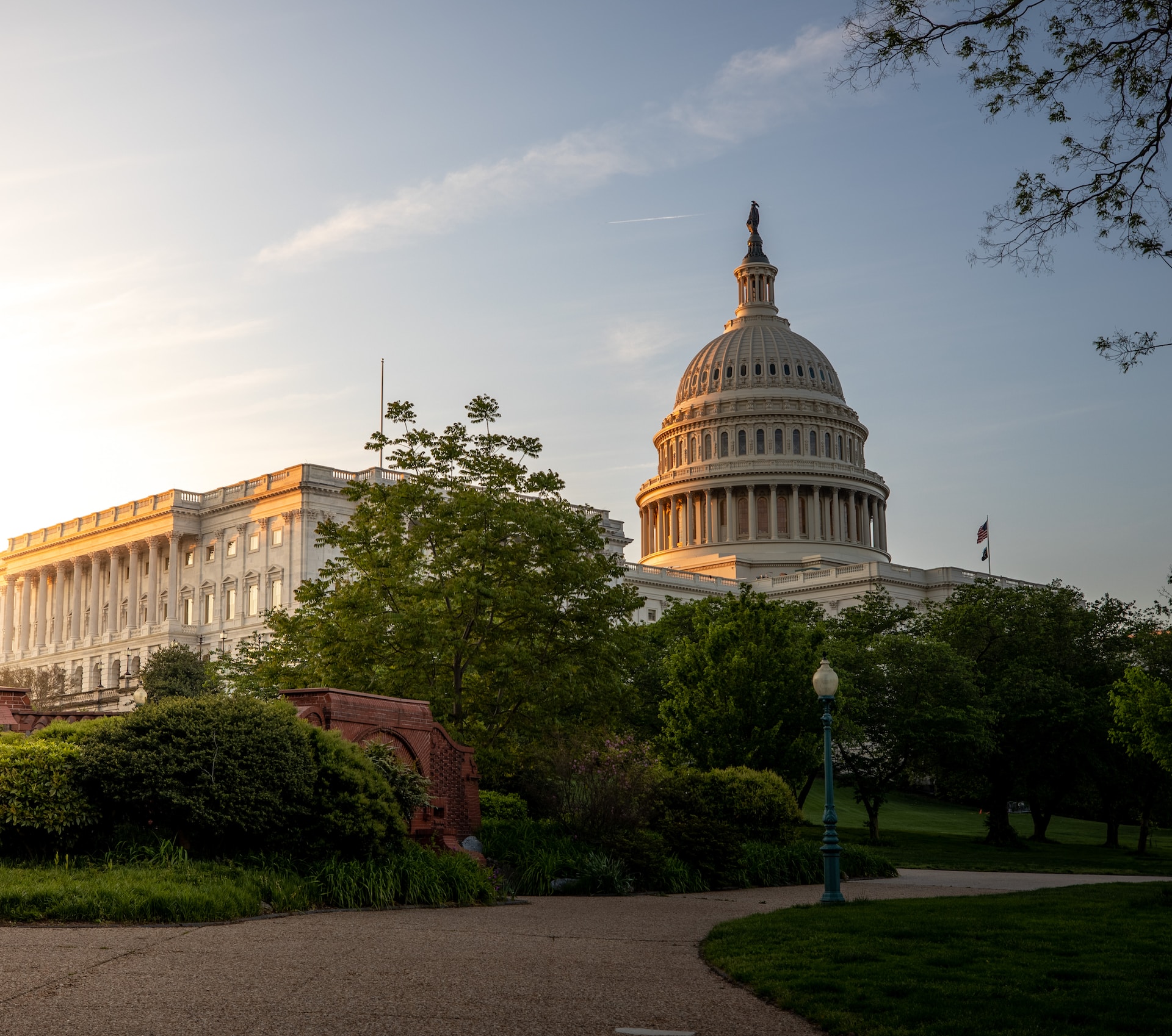Government is a cornerstone institution that plays a central role in shaping the organization and function of our society. It bears the responsibility of upholding order, safeguarding citizens, and nurturing an environment that fosters advancement and growth. In this article, we will delve into the significance of government and its far-reaching influence on numerous facets of our lives.
**Ensuring Law and Order**
The foremost function of government is the maintenance of law and order within a society. Governments formulate and enforce laws that provide the framework for acceptable conduct and establish consequences for transgressions. This legal framework cultivates a sense of security and predictability among citizens, fostering peaceful coexistence.
Law enforcement agencies, such as the police, are pivotal in upholding the law and ensuring public safety. They investigate crimes, deter criminal activities, and respond to emergencies, contributing to the overall welfare of communities.
**Protection of Rights and Liberties**
Government is instrumental in safeguarding the rights and liberties of its citizens. Constitutions and legal frameworks, which may vary from one country to another, outline the fundamental rights of individuals, including freedom of speech, religion, and the right to a fair trial. The government bears the responsibility of preserving and defending these rights.
The judiciary, which encompasses courts and judges, serves as a vital component of government, ensuring the administration of justice and the protection of rights. Citizens can seek recourse through legal channels when their rights are infringed upon.
**Public Services and Infrastructure**
Government is central in delivering public services and maintaining essential infrastructure. Public services span a wide spectrum, encompassing areas such as education, healthcare, transportation, and public utilities. These services guarantee access to basic necessities and bolster the well-being of the population.
Education systems, funded and regulated by the government, offer opportunities for learning and skill development. Healthcare services, frequently provided through public healthcare systems or the regulation of private providers, contribute to the maintenance of citizens' health. Additionally, infrastructure development, including roads, bridges, and utilities, promotes economic growth and connectivity.
**Economic Regulation and Fiscal Responsibility**
Governments regulate and oversee economic activities to ensure fair competition, consumer protection, and market stability. Regulatory bodies monitor various industries, from banking and finance to environmental protection and consumer safety. This oversight helps maintain equilibrium between economic growth and the protection of citizens' interests.
Fiscal responsibility is another paramount aspect of government. Governments establish and manage budgets, collect taxes, and allocate resources to fund public services and infrastructure projects. Fiscal policies influence economic growth, inflation, and the distribution of wealth.
**National Defense and Security**
National defense is a critical responsibility of government, ensuring the security and sovereignty of a nation. Governments establish armed forces and defense strategies to protect against external threats and maintain peace. They also engage in diplomacy and international relations to foster cooperation and resolve conflicts amicably.
Security agencies, including intelligence services, work to prevent and address security threats, such as terrorism, cyberattacks, and espionage. This facet of government safeguards the well-being of citizens and the integrity of the nation.
**Public Policy and Governance**
Government is tasked with formulating public policies that guide the decision-making process and address societal challenges. These policies cover areas such as healthcare, education, the environment, and social welfare. Public policy decisions reflect the values and priorities of a society and can lead to meaningful social change.
Governance, including the executive, legislative, and judicial branches of government, ensures the efficient operation of public institutions. Through democratic processes, elected officials represent the interests of the people and make decisions that impact the nation's direction and progress.
**Disaster Management and Response**
During times of natural disasters, emergencies, or pandemics, government agencies take the lead in response and recovery efforts. They coordinate relief operations, provide assistance to affected individuals and communities, and implement measures to mitigate the impact of disasters.
Government agencies also develop and implement strategies to address public health crises, such as the COVID-19 pandemic. They work in collaboration with healthcare professionals and organizations to ensure the well-being of citizens.


